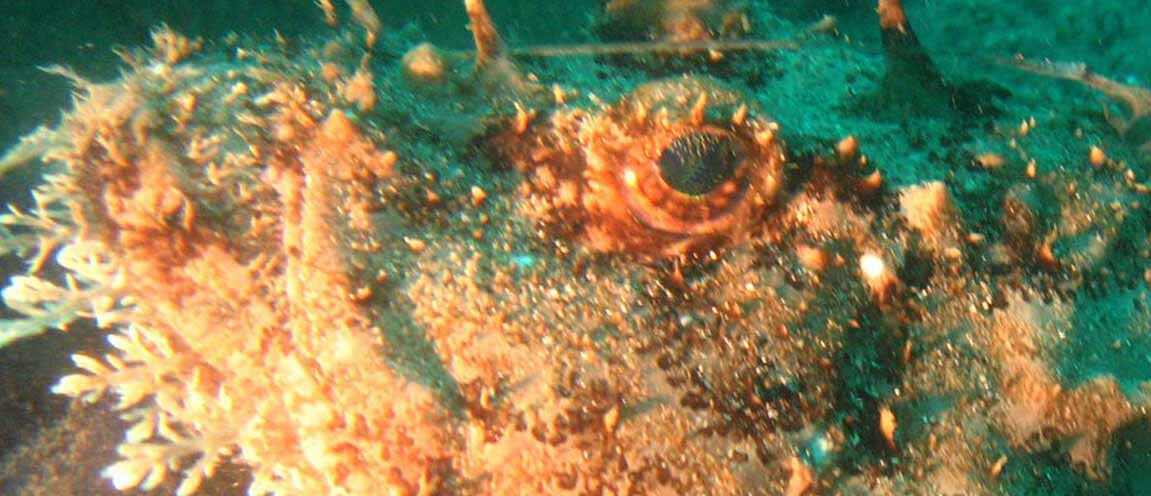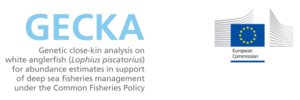WEBINAR – Modernizing fisheries management using innovative genetic tools: the GECKA project as a case study
- 26-26 eka 2020
- 12:00 - 13:30
- Online. ()
- Idioma: Español
- Organiza: AZTI

Fri, Jun 26, 2020 12:00 PM – 1:30 PM CEST
According to the Common Fisheries Policy, fisheries management must be based on the best available scientific advice. This is achieved through the collection of harmonised, reliable and accurate biological and fishery-dependent and -independent data. Yet, often the accuracy of the data collected is compromised by technological limitations and/or high economic costs of scientific surveys. Thus, there is a need to explore alternative or complementary approaches that can improve marine fish stock assessments.
Genetics-based tools are considered amongst the most promising alternatives to improve and ease fisheries management as they allow measuring variables that cannot be measured otherwise and, in some cases, provide cost-effective alternatives to traditional approaches. For example, genetic methods allow to assess population connectivity, which is crucial for stock (management units) delimitation, to assign individuals to population of origin, which is relevant for resolving mixed-stock fisheries, and to detect illegal and unreported and unregulated fishing. Recently, more innovative methods based on environmental DNA (eDNA) for species detection or on close kin mark recapture (CKMR) for abundance estimation have emerged as promising solutions for modernizing fisheries management.
In this webminar, we will review the use of genetic methods for population connectivity, origin assignment and abundance estimation and use the results of the GECKA project as an illustration of how the use of genetic tools has revealed unknown issues that should be considered in the stock assessment of white anglerfish (Lophius piscatorius).
Jann Martinsohn and Antonella Zanzi (JRC), Marina Santurtún, Naiara Rodriguez-Ezpeleta and Agurtzane Urtizberea (AZTI) will participate in this webminar that will be composed of a first part of maximum 1h for presentations and a second part of maximum 30 min for questions and discussion.
More information and registration HERE



